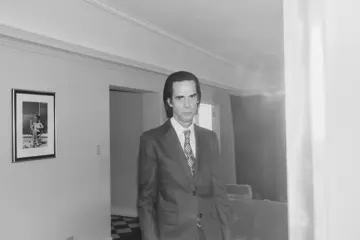NSW Greens MP David Shoebridge has spoken out against the use of drug-detection dogs in the state, claiming that the "extraordinary waste" of funds invested into the program since 2010 equates to the construction of four brand new primary schools, with money to spare.
As The Guardian reports, NSW police have spent more than $66 million funding the sniffer-dog program over the past five-and-a-half years, costing the force an average of about $9.4 million a year.
However, the paper advises that only the "upkeep, training and operational costs" incurred by the unit are included in that figure, leading Shoebridge to assert that the true extent of expenditure is more significant than it appears on paper.
"We now have a further 65 million reasons to stop the ineffective police drug dog operations," he told The Guardian. "The waste of money is just extraordinary. Added up since 2010, that's enough to build four brand-new primary schools with a cool $6 million left over as change."
Don't miss a beat with our FREE daily newsletter
Shoebridge's sentiments echo his statements about this time last year, when he and fellow NSW Greens member Jenny Leong announced that they would be trying to initiate a bill to stop the use of sniffer dogs at venues including bars, clubs and music festivals. The party itself initiated its "Sniff Off" anti-detection dogs campaign in late 2014. Also that year, Australian group Art Vs Science spoke out against the use of sniffer dogs at festivals, name-checking Splendour In The Grass, at which they were performing.
The Guardian reports that, since 2014, there have been 14,600 searches conducted, with a success rate (i.e. finding drugs on the person searched) of 26%, which fits in line with Shoebridge's statements last year that, of the 17,000 searches conducted from 2010-2014, more than 11,000 turned up empty-handed. Add to this statistic the fact that the sniffer-dog program is a disproportionate drain on resources compared with several other departments — usually, each dog must be accompanied by six officers, which goes up to 10 in the event of a music festival — and the justification for maintaining the program starts to come apart at the seams, Shoebridge says.
"Any other part of government would have to justify its expense but the police drug dog unit seems to be above criticism," Shoebridge told The Guardian. "Put simply, the dogs don't work, and the police waste enormous resources proving that point every day at our train stations and on our streets."















